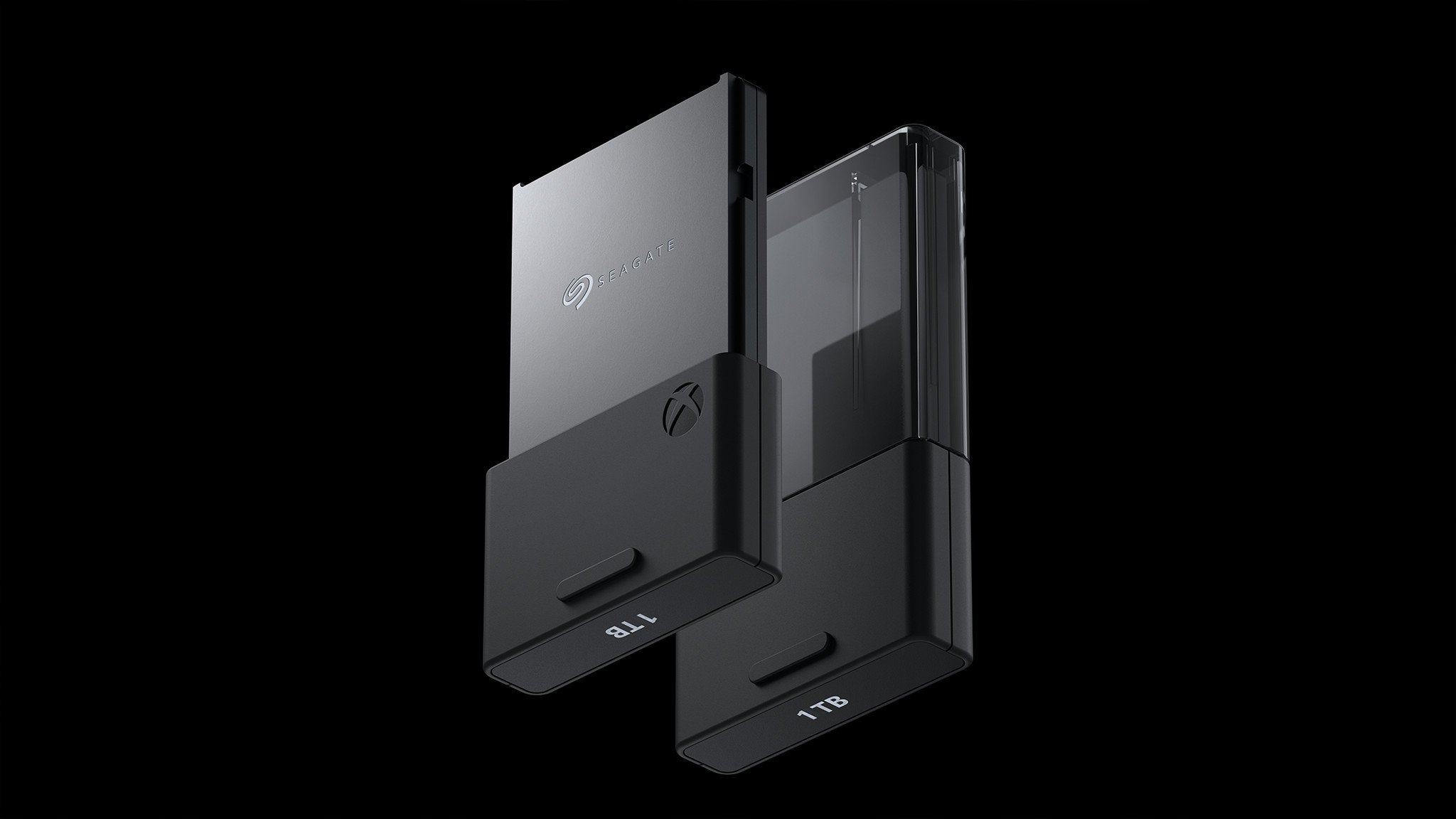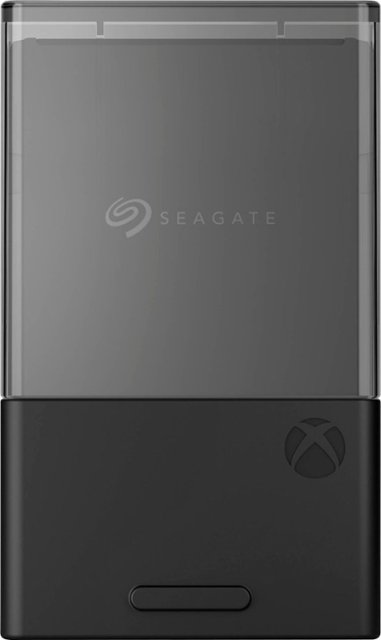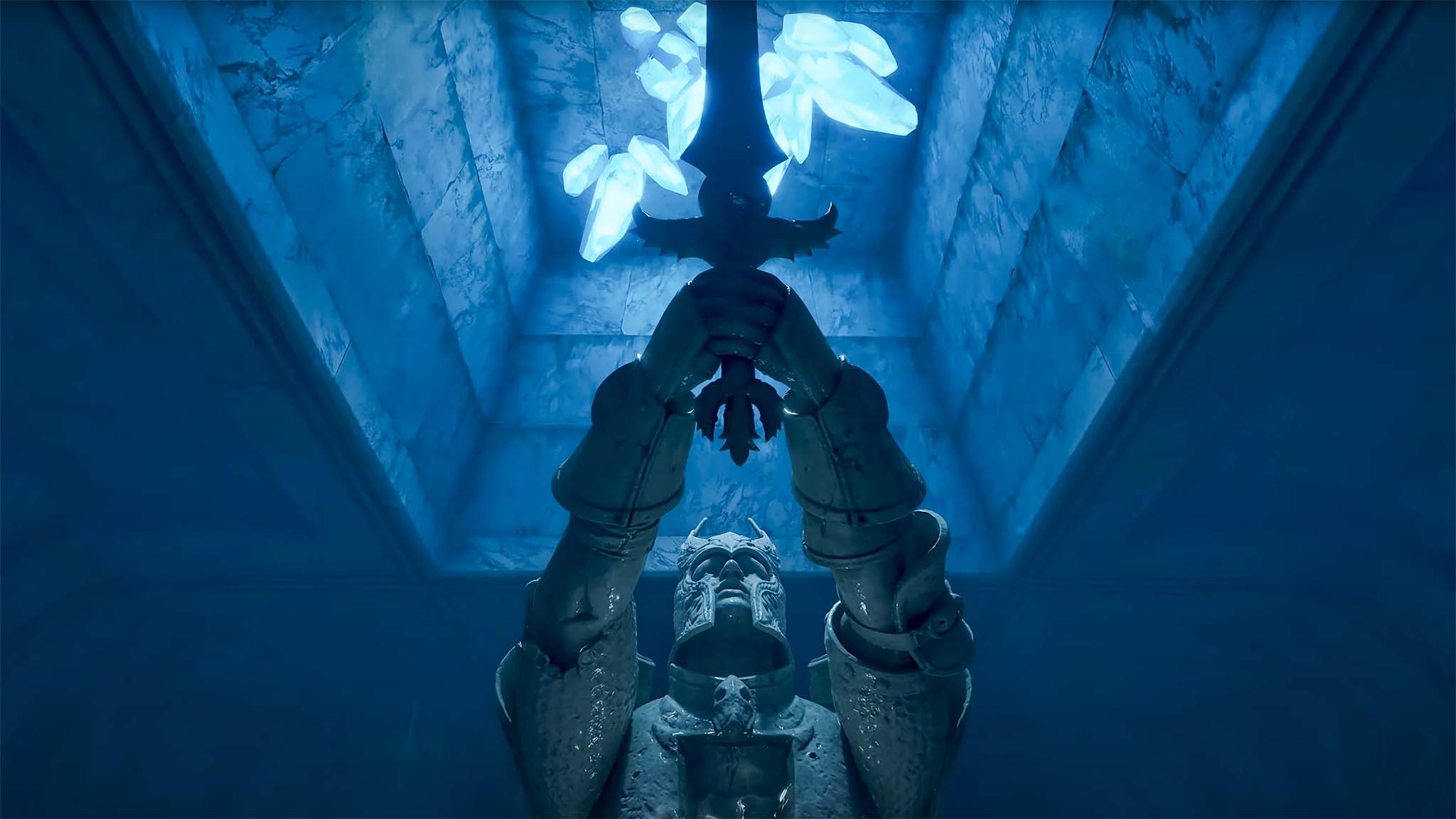Xbox Series X, Series S 1TB expansion SSD costs $220, preorders live
Microsoft's Xbox Storage Expansion Card adds an ultra-fast 1TB SSD to your Xbox Series X or Series S, with its RRP inflated by notoriously costly PCIe 4.0 technology.

What you need to know
- Microsoft's Xbox Series X and Xbox Series S leverage custom NVMe SSD storage, with 1TB SSD and 512GB capacities, respectively.
- Microsoft and Seagate have also detailed a 1TB Xbox Storage Expansion Card, mimicking each console's internal storage performance.
- The Xbox Storage Expansion Card is now up for preorder, priced at $220 at Microsoft.
Microsoft recently opened preorders for Xbox Series X and Xbox Series S, its next-generation console duo headed to market on November 10. The devices represent a sizeable leap in graphical prowess, coupled with the latest in AMD CPU and GPU technologies, and system-wide refinements to improve speed. That also includes an ultra-fast solid-state drive (SSD) storage solution, which Microsoft leverages to cut load times, and eliminate a bottleneck of the prior generation.
The Xbox Series X and Xbox Series S feature custom NVMe SSDs, with a direct line to the CPU via PCIe 4.0. The implementation is costly, but results in 2.4 GB/s raw speeds (or 4.8 GB/s compressed), translating to up to 40 times increases over the Xbox One's sluggish spinning platters. Microsoft subsidizes the cost to hit each console's $499 and $299 retail price, but it leaves official SSD expansions rather pricey.
The Xbox Series X packs a 1TB SSD, while the Xbox Series S comes in at just 512GB. With modern blockbusters regularly surpassing 100GB each, the out-of-box storage could prove restrictive. Microsoft's solution is the Xbox Storage Expansion Card, a proprietary 1TB NVMe drive matching the console's internals, manufactured in collaboration with Seagate.

Much of this Seagate-branded cartridge has remained a mystery, with Microsoft and Seagate yet to talk pricing and availability. The card has now surfaced at Best Buy and Microsoft with a $220 RRP, backing the leak from earlier this month. Expect the card to hit more retailers over the days ahead.
I previously predicted the premium price back in April 2020, primarily down to the notoriously costly nature of NVMe PCIe 4.0 technology. The card purposely mimics the internal Xbox Series X and Xbox Series S SSD, used as a part of Microsoft's "Xbox Velocity Architecture" inside each console. While likely to deter some, it's the reality of bleeding-edge hardware.
As a proprietary solution, this card is mandatory to play Xbox Series X and Xbox Series S games beyond the internal storage. However, Microsoft will support USB 3.2 drives, previously compatible with Xbox One consoles, when playing Xbox One, Xbox 360, and original Xbox titles backward compatibility. Xbox Series "Optimized" titles may also be stored on these slower drives, although only if transferred to the NVMe SSD when played.
It remains to be seen how game installations will fare on Xbox Series X and Series S. Microsoft has suggested Xbox Series S titles should occupy around 30% less space than those on Xbox Series X, due to reduced texture resolutions, in line with the switch from 4K to 1440p. But the consoles come with higher ambitions than previous-generation counterparts, which could see their footprint continue to grow.
Get the Windows Central Newsletter
All the latest news, reviews, and guides for Windows and Xbox diehards.

Microsoft and Seagate partner up with a dedicated 1TB NVMe SSD expansion card for Xbox Series X and Xbox Series S consoles. The cartridge slides into the rear, unlocking the same PCIe 4.0 connectivity, with up to 40 times increases over the Xbox One hard drive.
Xbox Series X/S
Main
- Xbox Series X: Everything we know
- Best games coming to Xbox Series X/S
- List of Xbox Series X specs
- What is the Xbox Series X release date?
- How much does Xbox Series X cost?
- Why you can't preorder Xbox Series X yet
- Best Xbox Series X Headsets
Matt Brown was formerly a Windows Central's Senior Editor, Xbox & PC, at Future. Following over seven years of professional consumer technology and gaming coverage, he’s focused on the world of Microsoft's gaming efforts. You can follow him on Twitter @mattjbrown.

